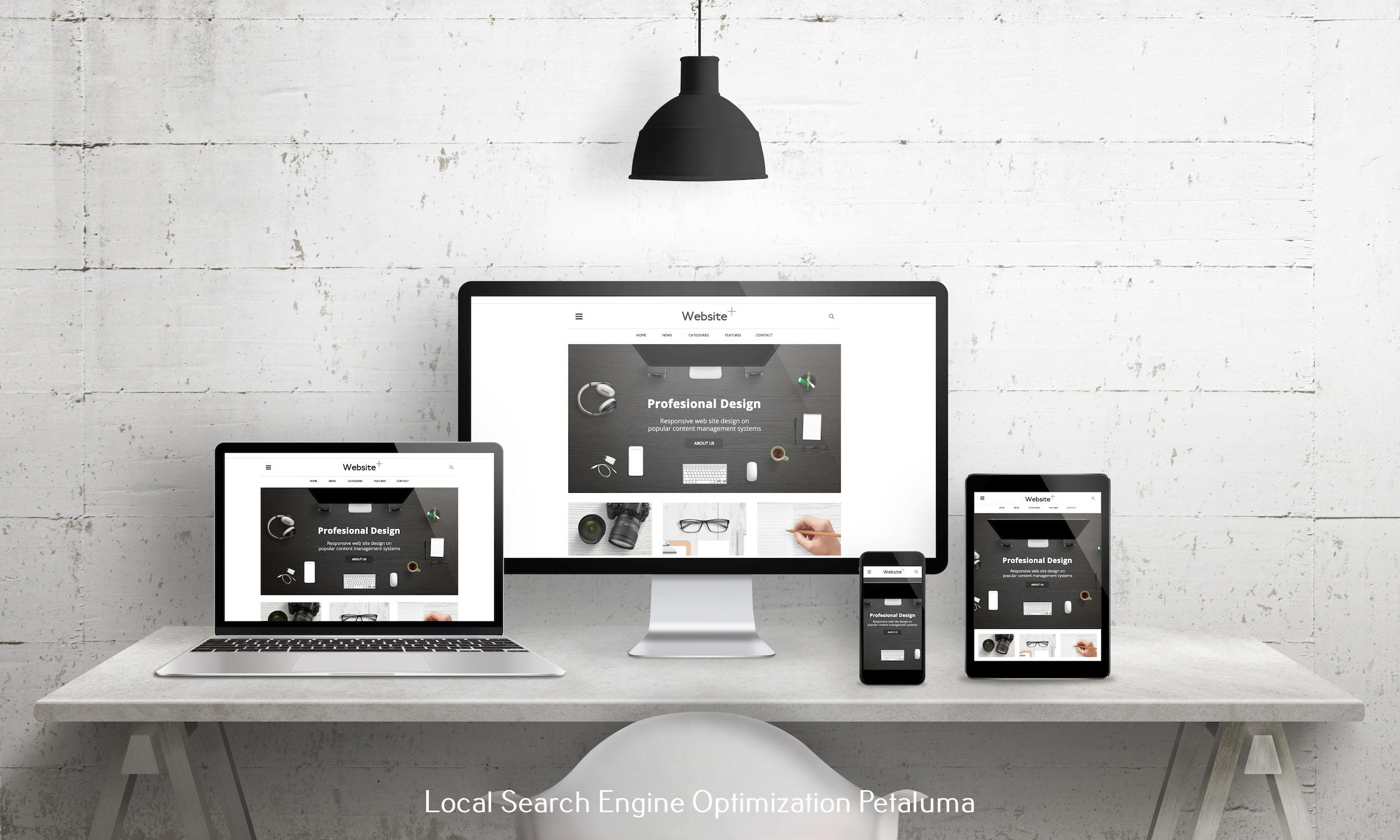When it comes to SEO, analytics and reports are the foundation of success. They provide a wealth of data that can be used to make informed decisions about your website’s performance and ultimately help you reach your desired goals. But for this to happen, it’s important to craft comprehensive SEO analytics and reports that accurately measure and display the key metrics you need for decision-making.
What Are SEO Analytics?
SEO analytics is the process of collecting, analyzing, and interpreting data from search engine optimization activities in order to understand how users interact with your website or webpages. It helps you track and measure various aspects of SEO performance including organic traffic, ranking positions, keyword performance, backlinks, page speed, user engagement metrics like bounce rate and time on page as well as other useful insights. This data can then be used to guide future decisions or optimizations regarding content or technical improvements on the website.
What Are The Benefits Of Comprehensive SEO Analytics?
Comprehensive SEO analytics allow you to:
• Gain insight into how users are interacting with your website
• Understand which pages are performing well (or not)
• Determine where most visitors originate from (i.e., organic search vs referrals)
• Identify what keywords are driving visitors
• Analyze page speed & mobile usability
By utilizing this data properly you can better optimize your website for improved performance in search engine rankings as well as user experience; resulting in better visibility for your brand online. Additionally, comprehensive SEO analytics can help uncover opportunities that may not have been identified previously such as long-tail keywords that could potentially drive more qualified leads or even identify potential competitors in the space that could be stealing away market share from you.
How To Craft Comprehensive Reports That Influence Decisions?
Crafting comprehensive reports starts with having access to the right tools such as an analytical platform like Google Analytics or Moz Pro which allows you to track all relevant metrics mentioned above like organic traffic volume & trend over time along with keyword performance & ranking positions etc.. Once these parameters have been established it’s important to create a structure for these reports so they become easy-to-digest documents for stakeholders who might not be familiar with the terminology often times associated with this space but still need access to this information in order make a decision based on it. A good example would include creating separate sections within each report based on topics like Performance Overview (traffic & goal conversions), Keyword Performance (ranking positions & impressions), Mobile Usability (page speed & usability score) etc.. Doing so will allow stakeholders who aren’t familiar with all aspects of SEO analytics quickly find what they need without getting lost in too much detail; making them more likely read through the entire document instead of cherry picking out only certain sections due lack of understanding about other topics covered within it.
Additionally it’s important create an executive summary at beginning each report where all key findings from each section are briefly summarized along any recommendations made by analysts based on their analysis; similar structure often seen when crafting business plans or presentations etc.. Doing so should give stakeholders quick snapshot into what’s going without forcing them go through entire report itself; especially if time is limited or they simply want gist up front without having delve too much into details behind them later point when needed further discussion around certain elements within report itself .
It’s also worth noting all data presented within these reports should always include context behind any assumptions made by analyst while compiling them otherwise risk presenting skewed information which might lead decision makers down wrong path making wrong decisions because didn't understand why certain numbers were presented way they were begin start off . For example let's say number organic sessions suddenly spiked month due large influx new customers result campaign ran recently but analyst failed mention fact why number spiked first place then decision maker looking at those numbers may think something else happening site itself causing spike instead realizing was result campaign ran prior .. As such including context whenever possible will ensure everyone reading those documents has requisite knowledge needed make informed decisions about their business moving forward .
In conclusion , crafting comprehensive SEO analytics and reports is essential part successful online marketing strategy since provide vast array data which can used guide future decisions regarding content optimization , technical improvements , keyword targeting , competitive analysis etc.. While having access right tools is certainly one piece puzzle , structuring those documents properly along providing necessary context behind any findings presented therein will ensure those reading them able quickly digest information needed move forward confidently hopefully yielding desired results end ..






































0 Comments